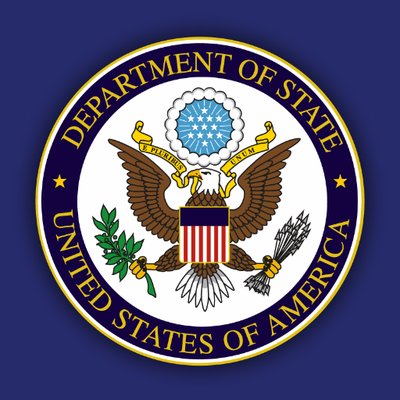This year is of milestone significance as it marks the 70th anniversary of the founding of the United Nations. The themes of peace and development cannot be overstated in today’s world and need to be addressed through full cooperation by the international community. As permanent members of the UN Security Council, China and the United States must shoulder the new responsibilities entrusted by new times.
On February 23 as Chinese people across the world were celebrating the Lunar New Year, China, in its capacity as President of the UN Security Council, convened an open debate at the UN Headquarters in New York. The theme of the debate was “maintaining international peace and security: taking history as a mirror and reaffirming commitment to the purposes and principles of the UN Charter,” with a goal of exploring effective ways to maintain international peace and security under the new circumstances. Chinese Foreign Minister Wang Yi presided over the debate. China’s initiative was warmly welcomed and well received by the international community. UN Secretary-General Ban Ki-moon thanked China for hosting this Security Council debate, underscored the full support of the UN for this timely and important meeting, and expressed thanks to the Chinese government for its support for the UN efforts to maintain international peace.
The UN Charter was adopted after the founding of the United Nations 70 years ago during the World Anti-Fascist War. It reflects the outcome of the Second World War, embodies fairness and justice, and represents a great innovation in human history. Over the past 70 years, on the basis of the UN Charter, the world has by and large maintained peace and stability, and scored unprecedented achievements in the areas of security, economy, culture, science and technology and social progress, ushering in more robust development and prosperity than ever before.
The world, however, is in the state of flux and the international system and order are undergoing deep adjustments. The region of western Asia and northern Africa is a case in point. It is seeking changes amid turbulence and seeking stability amid changes, and such developments no doubt have had ripple effects on other parts of the world. The world political and economic order should have followed the trend of economic globalization and the Internet, by pursuing harmonious integration and development. On the contrary, the global political and economic order has failed to live up to the current circumstances. With the rise of populism in some countries and regions, the world order is experiencing accelerated and deep changes. It has shown a tendency of fragmentation. The negative impacts of globalization and a border-less Internet have raised numerous challenges to international relations. The emergence of new threats and challenges dictates that the UN has a long way to go and the UN Charter must continue to serve as the bedrock of international order and world peace. Safeguarding the authority of the UN Charter remains a mission of great relevance and significance.
China has all along participated in and safeguarded the contemporary international order and firmly supported orderly and appropriate reform of the international order. And this is why China initiated the Security Council debate, which is aimed to uphold the purpose of the UN Charter to ensure that countries “live together in peace with one another as good neighbors.” We advocate peace, cooperation, justice and win-win cooperation and oppose conflict, confrontation, power politics and zero-sum games. We advocate the new vision of building a shared community of common interests and destiny.
Working toward a world of peace, security and shared prosperity, China has taken into consideration both domestic and international circumstances, furthered its opening-up strategy and proposed the “one belt and one road” initiative, the cooperation mechanism with BRICS countries, the establishment of the Asia Infrastructure Investment Bank and the building of an Asia-Pacific free trade area. These are all examples showing how China has followed the tide of times and sought new venues and platforms for multilateral cooperation on the basis of respecting the existing order for international cooperation.
China and the U.S. will continue to hold strategic and economic dialogues and carry out high-level cultural and people-to-people exchanges. New progress can be expected in their negotiations on the two-way investment protection treaty, establishment of a military mutual trust mechanism, counter-terrorism cooperation and celebration of the 70th anniversary of the victory of the World Anti-Fascist War as well as in international cooperation concerning Iranian nuclear issues and climate change. Both countries have and will continue to play an important and positive role in the historic transformation of the world.
As a Chinese saying goes, “the work of a whole year depends on a good start in spring”. This spring, on February 11, President Xi Jinping accepted President Obama’s invitation to pay a state visit to the US in September when he joins other world leaders in celebrating the 70th birthday of the UN at its headquarters in New York. I am confident that this meeting, this handshaking across the Pacific Ocean, will once again push forward the relations between China and the US and inject new impetus into world peace and development.


